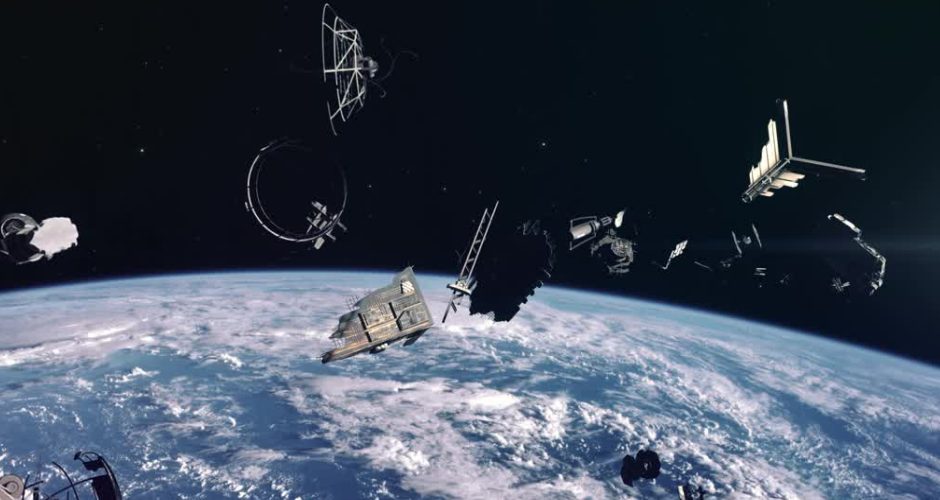UF Researchers Collaborate With NASA’s Deep Space Logistics Team To Reduce and Repurpose Mission Waste (UF News)

UF researchers are collaborating with NASA to develop biomanufacturing methods that use cells and enzymes to recycle space mission packaging waste into useful materials, supporting more sustainable long-duration space missions.
From Classroom to Cosmos: Students Aim To Build Big Things in Space
UF engineers are exploring how to manufacture precision metal structures in orbit using laser technology, in partnership with DARPA and NASA’s Marshall Space Flight Center.
The Health Challenges Astronauts Butch Wilmore and Suni Williams Face After 9 Months in Space
UF researcher Rachael Seidler, Ph.D., deputy director of the Astraeus Space Institute, is leading studies on how extended space missions affect astronauts’ central nervous systems and brain structures.
UF Professor Shares His Results on Space Experiment
UF researcher Rob Ferl, the first NASA-funded academic, shares his experience of being launched into zero gravity and conducting research experiments in space.
A Harsh Environment
UF researchers are exploring ways to enhance astronaut health and equipment durability in space, focusing on muscle atrophy, brain function, and the development of resilient materials in extreme environments.
Space Exploration Hub
UF researcher Rob Ferl talks about how UF has become a key hub for space exploration and how the Astraeus Space Institute is shaping the future.
Mission Control
UF researchers are developing cutting-edge technologies to support deep-space exploration, from creating artificial environments like Mars to advancing biotechnology.
Percy and LISA
Two UF Space researchers, John Conklin and Amy Williams, discuss their research on the universe, focusing particularly on gravitational waves and Mars.
UF Researcher Explores the Long-Term Health Consequences of Extended Spaceflight
University of Florida researcher Rachael Seidler, Ph.D., has been examining these questions in her study of the long-term effects of long-duration spaceflight on neurocognitive performance.
First NASA-Supported Researcher To Fly on Suborbital Rocket
Rob Ferl, a NASA-funded UF researcher, will fly with his experiment on a commercial suborbital rocket for the first time on Aug. 29.
